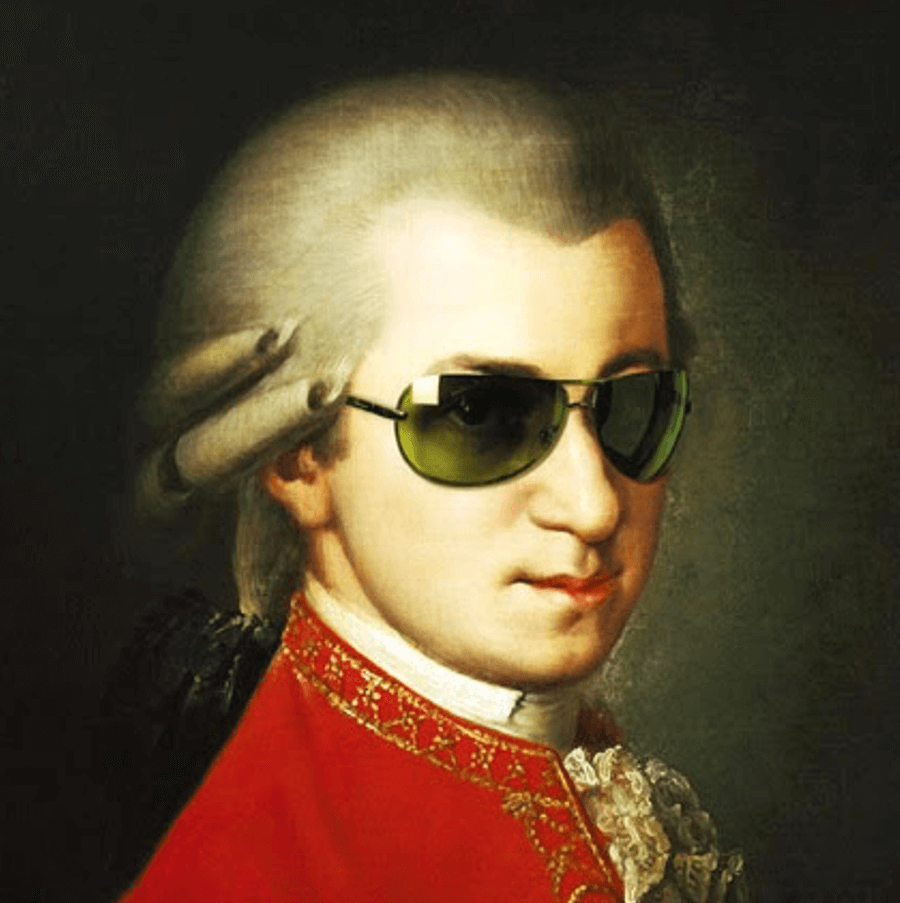Your cart is currently empty!

Workdays of Geniuses
Hi, I trust you and yours are well.
Thank you always for reading my books and free bi-monthly broadcasts and using my tools and strategies for winning in a VUCA world with freedom, power and peace of mind.*
*You probably know by now: VUCA stands for Volatility, Uncertainty, Complexity and Ambiguity. Perhaps you also know the Chinese curse: May you live in interesting times 😉
Shape your workday to produce breakthroughs
From Mozart to Picasso, geniuses deliberately shaped their workdays to produce breakthroughs in creativity and performance.
Author Mason Currey researched 161 great artists, scientists, writers, composers and philosophers across history.
Currey—whose name invokes spicing up your life—found that none of them relied on their talents alone. Each of them designed daily rituals and used original hacks that might work just as well for normal mortals like you and me.
Anthony Trollope demanded of himself to write 3,000 words every morning for three hours, 250 words every 15 minutes, before going to work at the postal service, where he labored for 35 years while writing two dozen books.
I cannot claim to be in a league with Trollope or any of the other 160 greats in Mason Currey’s book “Daily Rituals: How Artists Work.”
But Trollope’s ritual is very close to my own: After starting the day with both physical and spiritual exercises (another ritual), I focus the balance of my morning on writing.
How not to start your workday
By the way: Never ever start the day with opening your e-mail or your mail, or worse, by checking your social networks. It’s a rabbit hole. Before you know what happened, it will be lunch time, and you won’t have achieved a thing.
This simple ritual of writing each morning helped me decades ago—before 9/11—finish my doctoral dissertation within one year of proposing it. And I wrote my Ph.D. thesis while working as CEO of Swiss Consulting Group and teaching at Columbia University.
(My peers took four to five years to finish their Ph.D. I was lucky because I simply did not have the time to sit in the computer lab and run numbers for hours on end.)
This ritual also helped me publish ten books.
Start each workday with your top priority
Don’t worry about what the ritual is. The principle is simple: Start each day with your top priority and produce a sizable accomplishment before moving on to the next thing.
Now I see I’ve been in good company. Currey shows that people like Woody Allen, Charles Darwin, Jane Austen, Sigmund Freud, Mark Twain, Ludwig van Beethoven or Benjamin Franklin came up with ingenious but simple ways to keep life at bay.
In 1921, Franz Kafka wrote in frustration to his girlfriend Felice Bauer that “time is short, my strength is limited, the office is a horror, the apartment is noisy, and if a pleasant, straightforward life is not possible, then one must try to wriggle through by subtle maneuvers.”
Sound familiar?
Kafka and others came up with interesting and at times bizarre routines to help them bypass procrastination.
- Ludwig van Beethoven (who lived a lot longer) took a walk after lunch each day—taking paper and pencil with him.
- Sigmund Freud asked his wife to set out his clothes, select his handkerchiefs, even put toothpaste on his toothbrush each morning. (Fat chance today asking your spouse to do such a thing for you. But feel free to try.)
- Andy Warhol called his girlfriend and colleague Pat Hackett every morning to report on his activities. She took notes that she typed up afterward. (Again, fat chance of that with a modern-day girlfriend or boyfriend. But feel free to ask.)
- Nobel laureate William Faulkner screwed off the doorknob to his office in order to work without being disturbed. (Kind of the opposite of today’s open-door policies.)
- Pablo Picasso declared one day a week the “At Home Day” to discharge all obligations imposed on him by his friends in one afternoon.
- Ernest Hemingway counseled that one should write only as long as one still has energy and knows what comes next. Then one should stop and take a break. (Not very imaginative, but it worked for Hemingway.)
- Wolfgang Amadeus Mozart rose every day at 6 O’Clock (in the morning of course), filled his day to the hilt with composing, teaching, concerts and social activities, and went to bed very late. (Then again Mozart did not live very long.)
Rituals & Regular Practices
I am a big friend of rituals and regular (daily, weekly monthly and annual) practices. Many of my clients too have institutionalized actions that bring them inspiration or fulfillment, or that lift their strategy or leadership game to a new level.
Some clients have declared Friday mornings a work-free zone so they can step back from the action and focus on vision and strategy. Others take time on Monday mornings to declare breakdowns and rally their teams to turn them into breakthroughs.
Those for whom appreciation does not come naturally use one hour on Thursdays to acknowledge and thank people they are grateful to. Others take the first day of each month to complete unfinished business that fell through the cracks. And so on.
What do you say? What regular practices or rituals do you use to maximize your creativity and productivity? I look forward to reading you.
To learn more about rituals and regular practices, check out my award-winning The Rabbi and the CEO: The Ten Commandments for 21st Century Managers: eBook If you prefer, the audiobook is here: https://books2read.com/u/
Best,
Thomas

Leave a Reply